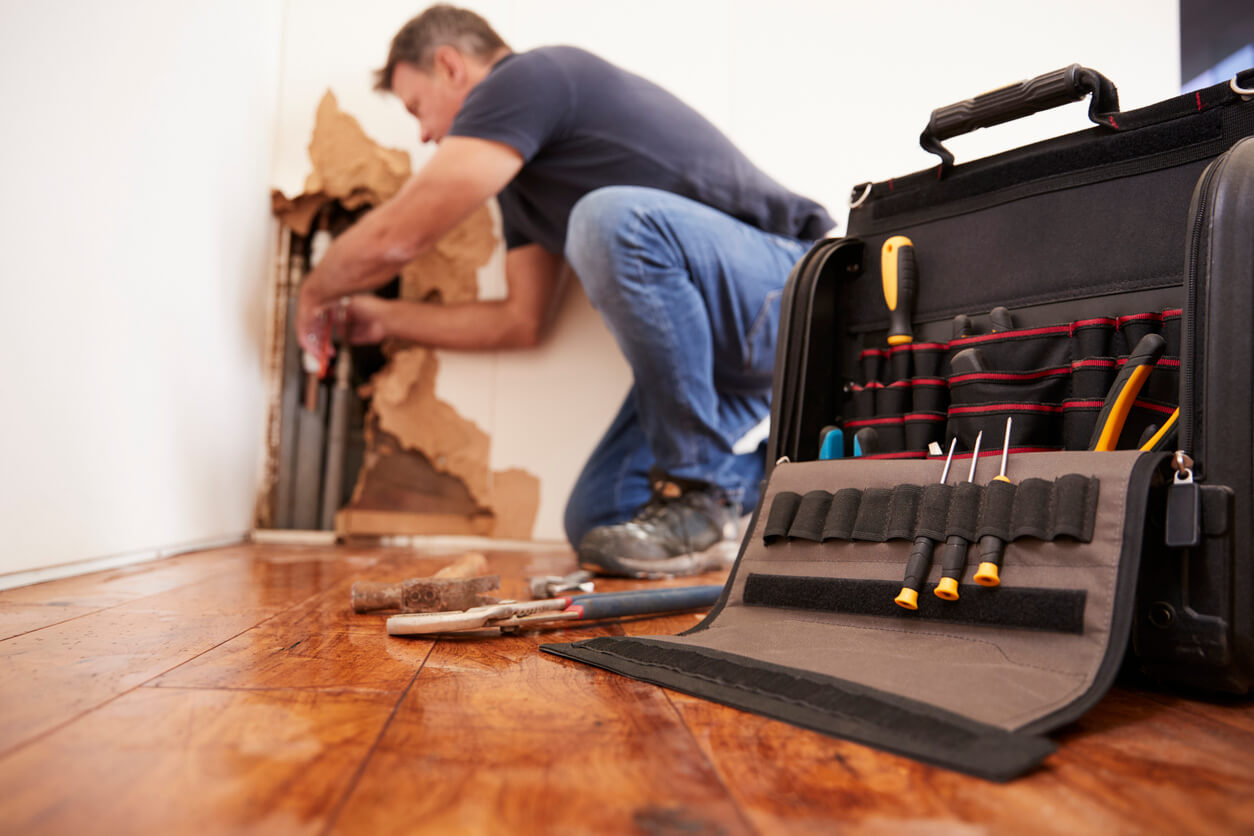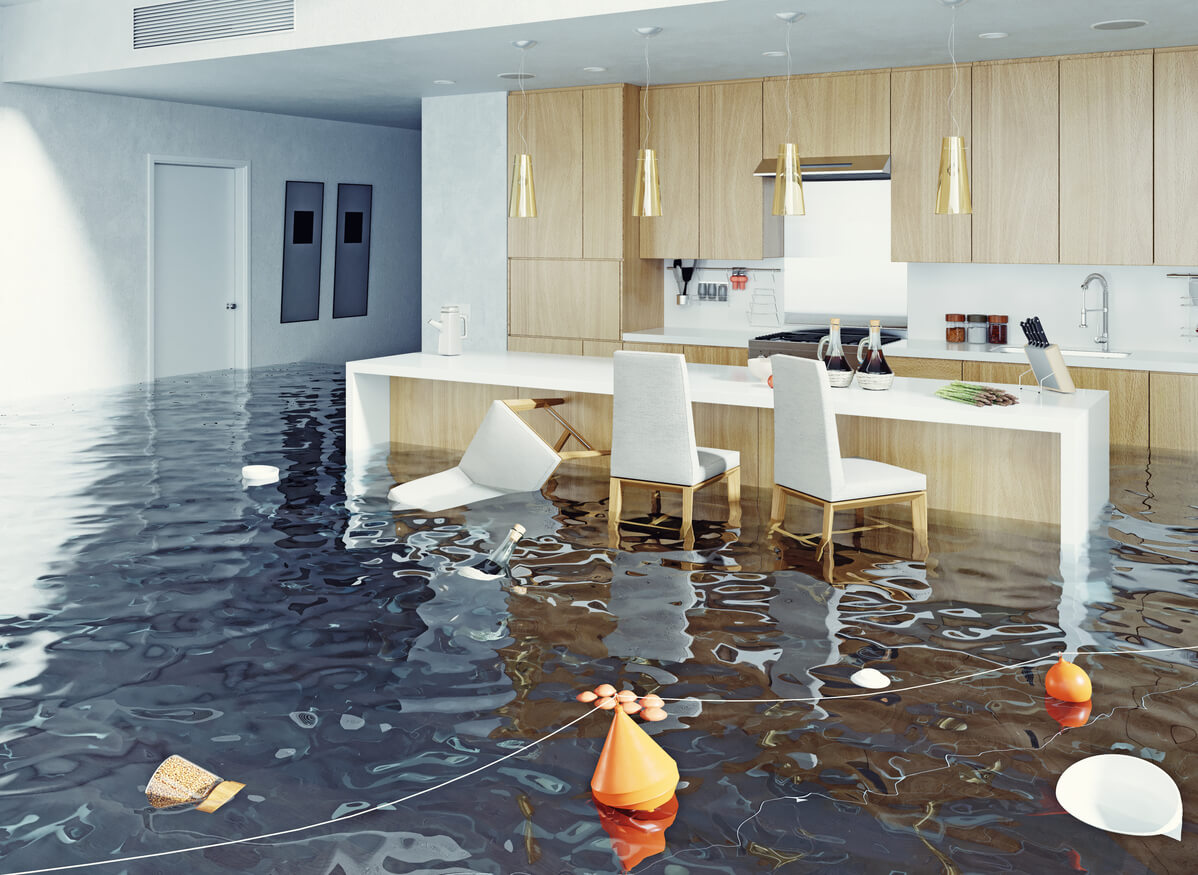Building your own home is a dream for many, but financing such a significant endeavor can be daunting. From foundational costs to the finishing details, financing a new home build involves careful planning and consideration of various options. In this guide, we’ll walk you through some essential steps and strategies to successfully finance your new home build so you can move from blueprints to bricks with confidence.
Understanding the Basics of New Home Construction Financing
Before you delve into financing options, it’s crucial to understand the basics of new home construction financing. Unlike purchasing an existing home, financing a build requires a different approach and a detailed financial plan. These loans are generally considered riskier by lenders, primarily because you are basing the loan on projections rather than a completed project.
Another important aspect is that during construction, you typically make interest-only payments until the project is complete. At that point, it either converts to a standard mortgage or you have to pay it off in full. Essentially, you need to display to lenders that the expected end value of your home matches or exceeds the cost of construction plus land purchase price.
Pre-Construction Financial Considerations
Before breaking ground, it’s essential to consider all pre-construction financial matters. First, determine the budget for your project. This includes land cost, construction expenses, and any potential for overrunning the budget. Meeting with a financial advisor can be immensely beneficial at this stage.
It’s also important to line up a builder who has experience in the area where you plan to build. Find trusted Bedford home builders who can provide you with an accurate estimate of construction costs and help you outline your financial needs effectively. A credible builder will also help facilitate the loan application process by providing comprehensive documentation about the cost and scope of the project.
Exploring Financing Options
The next step involves exploring various financing options. It’s important to assess your current financial situation and align your financing option with what you can realistically afford. Let’s delve into some of the available choices.
Construction-to-Permanent Loans
A construction-to-permanent loan is a popular option. This financing covers the cost of construction and the mortgage once the home is built. It includes a single approval process, meaning you close once and don’t have to go through another closing procedure after construction. This loan is advantageous due to its streamlined nature, allowing you to lock in a consistent interest rate throughout the building and homeownership phases.
Stand-Alone Construction Loans
If you’re not ready to commit to a permanent loan, a stand-alone construction loan might be what you need. These loans cover construction costs but require refinancing to a mortgage once your home is complete. They offer flexibility if you’re waiting for potential cash inflow, such as selling an existing home. However, they do introduce some risks, such as fluctuating interest rates and the need to re-qualify for a mortgage at the end of construction.
Securing Land for Your New Home
Securing a suitable plot of land is an essential component of financing a new home build, as its cost will be included in your financial plan. Decide on the location based on budget, lifestyle, and long-term property value. Sites like Mahone Bay offer numerous opportunities for new home construction in Mahone Bay and finding a location that suits your needs should be a priority.
After selecting a plot, you’ll need a loan that will cover the purchase as part of your overall construction financing. Land is typically a non-revenue generating entity until the project is complete, so convincing lenders of its potential value is key.
Land Loans
Land loans can be used to finance your purchase of the land itself. These are relatively short-term loans aimed at acquiring undeveloped land, but you need to prepare a solid plan for development to secure them. Factors like zoning status, land utilization, and access to utilities will influence the lender’s decision.
Choosing the Right Construction Team
Building a house is no solo project. You need a reliable and efficient team comprising builders, architects, and designers. The right team turns your dreams into a reality while maintaining budgetary compliance. Start by ensuring they’re well-versed in similar projects, ideally within your chosen neighborhood.
Also, if you are looking into developments that may include broader facilities, consider companies offering rental property construction services. This might be beneficial if you’re looking to create a multifamily unit or plan to rent part of your property as a form of income post-construction.
Building a Strong Financial Profile
Just as the foundation of your new home must be solid, so must your financial profile be when applying for loans. Cultivating an appealing financial profile involves having a healthy credit report, which plays a critical role in approval and the interest rates offered by lenders.
Credit Score
A good credit score of 700 or higher is often necessary if you want attractive loan terms. Before you apply for a construction loan, review your credit reports and scrutinize any discrepancies. Timely resolution of these discrepancies can not only increase your score but also place you in a stronger negotiating position with lenders.
Savings and Income Stability
Another critical component is having enough savings set aside to cover both expected and unexpected costs during the building process. A suggested practice is to have at least six months worth of expenses saved as a buffer. Additionally, lenders will require proof of consistent, stable income streams to evaluate your ability to make timely payments in either the current or any altered loan terms.
Create a Comprehensive Financial Roadmap
Developing a comprehensive financial roadmap is indispensable in managing the intricacies of financing a home build. This roadmap includes an accurate timeline for when funds will be required and a break-up of expenses.
Be realistic in your projections. Unexpected costs like materials price surges, labor shortages, or unfavorable weather conditions can extend timelines and budgets. Clearly itemizing expenses and maintaining a flexible yet detailed plan will enable you to handle surprise expenses more effectively.
Continual Financial Review
Your financial roadmap must be a living document. Regular reviews and adjustments will help you stay aligned with your financial goals and constraints. Such ongoing reassessment will also ensure that your dream home remains a financially stable and satisfying achievement rather than a burden.
Conclusion: From Dream to Happily Ever After
Financing a new home build involves complex steps, but with the right planning and preparation, you can navigate these financial waters smoothly. From choosing the right financing options to securing a solid construction team and refining your financial profile, all these elements contribute to a successful home build. Remember, a home you build from the ground up not only lays the physical foundation of your living space but also materializes a lifelong dream. With careful guidance and professional advice, your future place of residence can become a reality, embodying comfort, safety, and joy for years to come.



 At Sunshine Water Damage (
At Sunshine Water Damage ( Seeking Professional Help
Seeking Professional Help